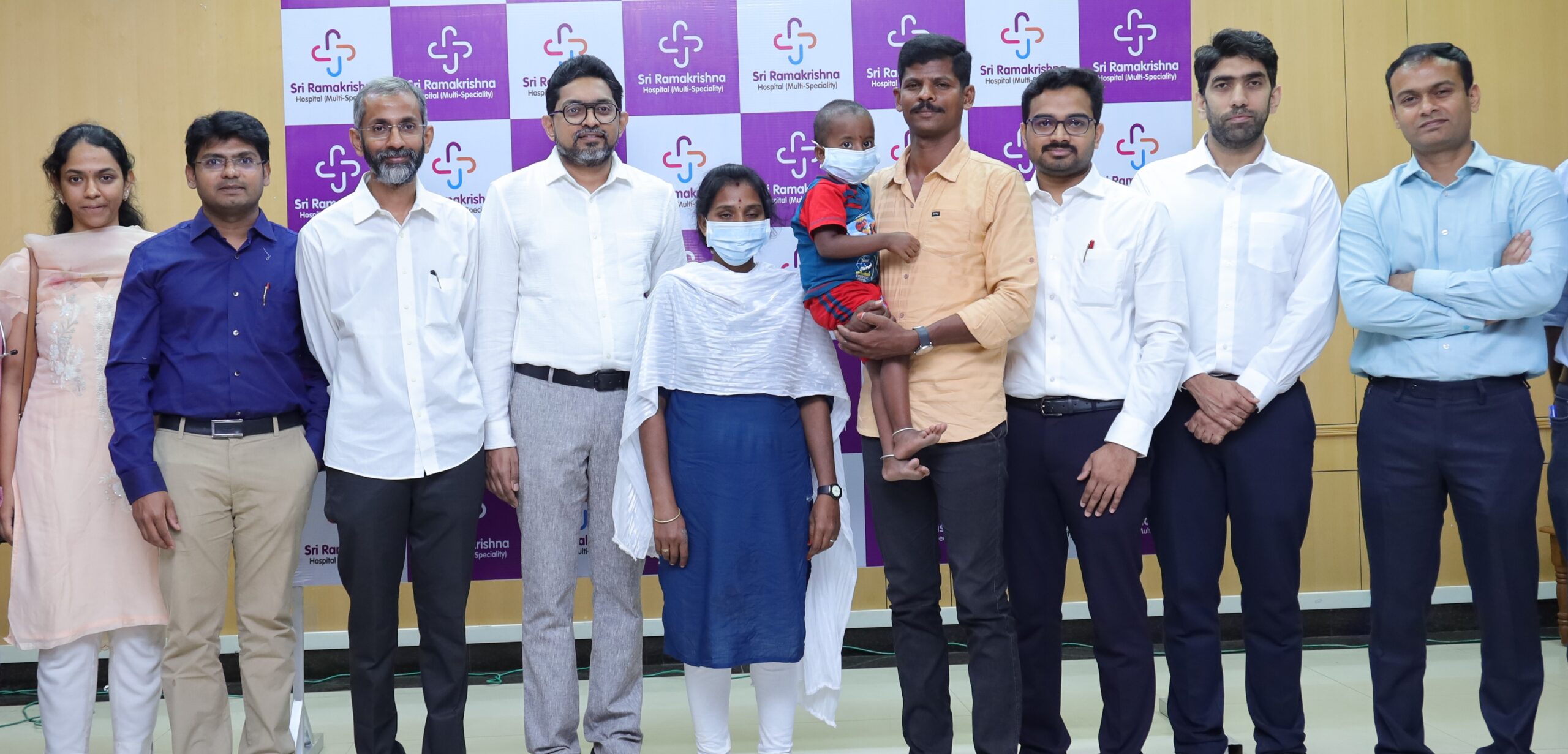Trending Now
- 830 voters names go missing in Kavundampalayam constituency
- If BJP comes to power we shall consider bringing back electoral bonds: Nirmala Sitaraman
- Monitoring at check posts between Kerala and TN intensified as bird flu gets virulent in Kerala
Coimbatore
Sartorial concerns over dress code in temples
![]() January 3, 2016
January 3, 2016
To follow or not to follow or even why follow ? The newly enforced dress code in temples in Tamil Nadu from January 1, 2016, has led to mixed reactions. The dress code has come into place following the recent direction of Madurai Bench of the Madras High Court that had prescribed a dress code for men, women and children visiting the temples that came under the purview of The Hindu Religious and Charitable Endowments Department.
The Bench had prescribed that ‘men should wear a dhoti or pyjama with upper cloth or formal pants and shirts, and women should wear a sari or a half-sari or churidhar with upper cloth, and any fully-covered dress for children’. The order was in response to the concern over “improper clothing” people wore while visiting temples.
Priest and seniors have this to say: “Rules are rules. Our ancestors did this and we are following it, you should also follow as told without asking questions”.
R. Kavitha, an advocate says: “The main reason for implementing a dress code is because people like to follow tradition. It is a belief system. I personally agree with the rule because apart from seeing it as a belief there is also a medicinal values in wearing dresses while entering into temples.”
These days’ people prefer wearing Western clothes, including jeans and leggings. This kind of dresses does not suit our climate and the Court ruling gives some relief at least when people visit temples, she adds.
M. Shrinithi, a college student says: “Most of us go to temples on an impulse. We might go there on the way to work or on our way back home. Every time we can’t be dressed as per rules. Though one should make sure to wear decent clothes, it can be anything one is comfortable in. I think God wouldn’t judge us by the clothes we wear. I have been to Thailand where wearing sleeveless and shorts are not allowed inside temples. Yet they will give a coat and pant to such people and they would not deny entry. This rule is well accepted. At least that should be implemented here.”
V. Ashwanth Kanna, a psychology student, says: “The dress code is not necessary for visiting temples. Not allowing mobile, cameras, and shoes are logical. Most youngsters visit temples during their exams. At such times it is tough to dress according to the rules. There is only difference in cloth between a formal and jeans pant. This will also affect the entry of tourists. The rules must be modified otherwise there will be a decrease in the number of people visiting temples.”
A. Manoj, a social worker, believes that a dress code will also be a means to make money for politicians. Foreigners who visit temples are keen that temple managements train them in wearing saris. This rule will also lead to making money. Moreover, people visit temples only to tell their problems. Devotees should also have some concentration while coming to temples.























